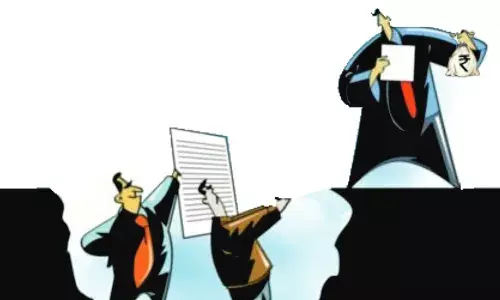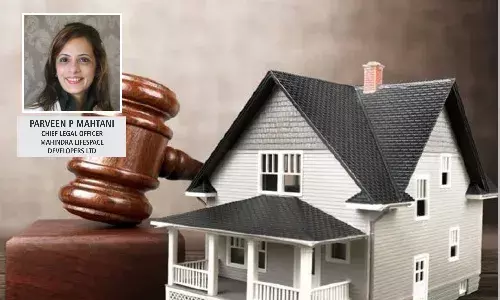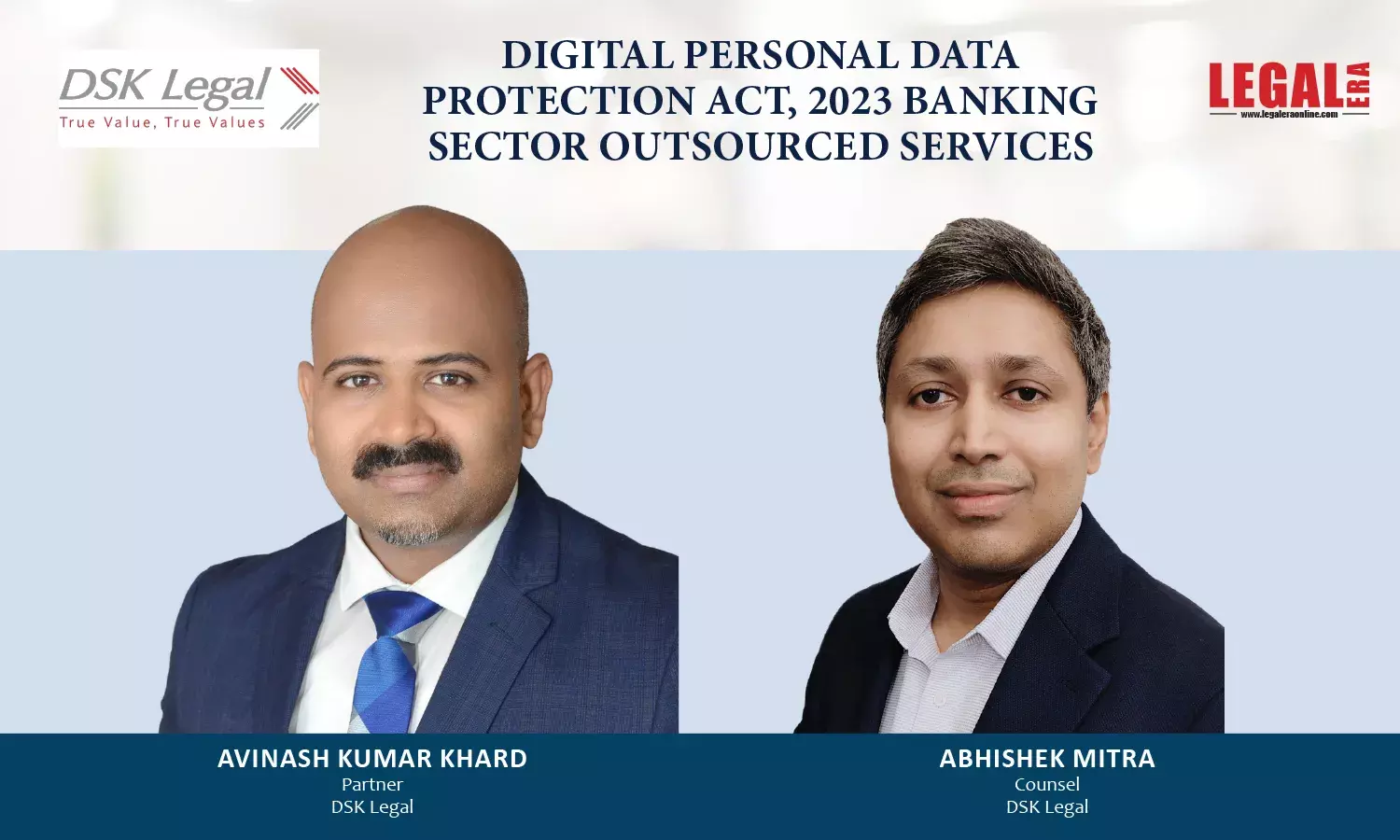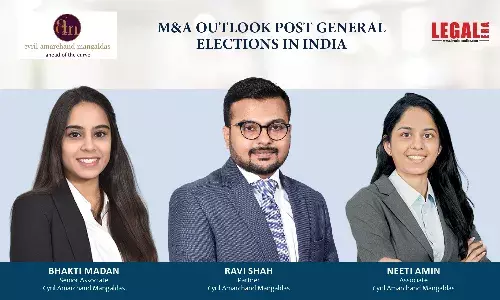Why does Nick Read find the situation in India "Critical" ? €1.9 Billion Losses – blame on India, after suppression of liabilities from shareholders, short payments of License Fees & Diversion of Funds !!
As Nick Read, The Group Chief Executive of Vodafone Group Plc celebrated the consistency of commercial performance in both Europe & Africa regions in news release by Vodafone on 12th November 2019 he also announced that Vodafone's digital transformation had been creating better experience for its customers which was improving its differentiation, supporting its growth and at the same...
As Nick Read, The Group Chief Executive of Vodafone Group Plc celebrated the consistency of commercial performance in both Europe & Africa regions in news release by Vodafone on 12th November 2019 he also announced that Vodafone's digital transformation had been creating better experience for its customers which was improving its differentiation, supporting its growth and at the same time reducing its structural costs...
The observations by the Voda CEO belies the disclosures in the press release by Vodafone relating to its operations in India seeks to blames a major portion of its losses for the period of Euros 1.9 billion to losses of Voda Idea post an adverse judgment against the industry by the Supreme Court of India.
Under the terms of the merger scheme between Vodafone and Idea Cellular, Vodafone was to hold 45.1% shares in the merged entity i.e. Voda Idea. Therefore, the losses purportedly impacting the group balance sheet of Vodafone i.e. Euro 1.9 billion reflects either a half of such losses incurred by Voda Idea or about two-thirds of losses incurred by Voda Idea if Vodafone's tab is basis the inter-se shareholding proportion amongst promoters of Voda Idea, which is approximately 64:36, considering that the Aditya Birla Group holds about 26% of equity in Voda Idea.
What went wrong in India and why is Vodafone crying foul upon loosing a case in the usual course of business.
- the telecom policy is not new,
- the applicable regulations are not new,
- the legal proceedings and disputes with the department of telecom (DoT) are not new,
- the operation companies are not new
what then is so new that the Vodafone Group did not see this colossal liability coming its way for so long ? Is the Supreme Court judgment against the industry or those who have short-pain licence fees (LF) and spectrum usage charges (SUC) only ? Is Vodafone Group make a true and fair disclosure to its shareholders and stakeholders in the news release ?
Let's see….
When the Hon. Supreme Court on 24th Oct, 2019 settled the longstanding disputes between DoT and Telecom Service Providers (TSPs) regarding payment of Dues to the Government in terms of LF & SUC setting to rest all contentions and counter-contentions of TSPs and DoT.
These liabilities till 2016-17 comes to around Rs.40000 crores for Voda Idea with more liability of erstwhile Vodafone group of companies i.e. Vodafone India Limited (VIL) and Vodafone Mobiles Limited (VML). In fact, the gross revenues in the case of VIL and VML stand as about Rs.221492 Crores and Rs.60000 Crores, respectively, for the period of financial year 2010-11 to 2016-17 alone against which both these subsidiaries of Voda Group had to pay approximately Rs.35000 crores, a substantial part of which remains unpaid. Similarly, the gross revenues Voda Idea stand as about Rs.66500 Crores for the period of financial year 2017-18 to 2018-19 alone against which Voda Idea, wherein Vodafone Group 2:1 exposure inter-se amongst the promoter group, had to pay approximately Rs.8000 crores, a substantial part of which also remains unpaid.
The pretentions that all these losses are attributable to a "….Judgment against the Industry by the Supreme Court in India" is blown by some very interesting observations of the Hon'ble Court to understand the unfolding of events over the years up to 24th October 2019:
"189. Further, the conduct of the licensees has also to be considered in the backdrop of the fact that the regime of revenue sharing was extremely beneficial then the previous regime of the fixed license fee, and they have tremendously benefitted by it as is apparent from the statistics of the revenue earned under the revenue sharing regime. When Government has parted with the privilege as to revenue on sharing basis under the license, and an agreement entered into, it ought to have been precisely followed….."
Vodafone has been always aware of the obligations under the "Migration Package" under which its subsidiaries enjoyed the liberty to pay LF on the principle of "Pay as you Earn". Under this "revenue sharing" model enjoyed by Vodafone, it had the Government of India as its partner or sharer of "gross revenues" payable as a percentage of Adjusted Gross Revenue "AGR", which initially was 15 % of AGR as license fee under "revenue sharing," which was progressively reduced to 8 % in 2013.
Vodafone, like other TSPs steadily prospered and grew in India under this revenue sharing model, which is evident from the continuous rise in the gross revenue i.e. in the case of VIL from Rs.3515 Crores to Rs.43327 Crores and in the case of VML from Rs.2489 Crores to over Rs.40000 Crores. So, year on year the Vodafone earned handsomely but did not keep its date with the obligations to pay LF and SUC.
Why then is the Vodafone CEO now saying that its future in India is in doubt ? How did that come about ?
Supreme Court had clarified to all TSPs including to Vodafone way back in the year 2010, that "to question the demand raised under the migration package would amount to permitting the TSPs to accept what was favourable to it and reject what was not and TSPs were not entitled to question the terms of the migration package after unconditionally accepting and acting upon the same."
In another Judgment in 2010, Hon'ble Supreme Court had ruled that "it was not open to a TSP to turn around and agitate any dispute after availing of the migration package. A party which has unconditionally accepted the package cannot after such acceptance reject the conditions subject to which the benefits were extended to it under the package. It cannot reject what is inconvenient and onerous while accepting what is beneficial to its interest."
Even in October 2011, in a matter pertaining to definition of AGR, Hon'ble Supreme Court had, inter alia, held that "TDSAT has no jurisdiction to exclude certain items of revenue, which were included in the definition of AGR. TRAI and TDSAT had no jurisdiction to decide on the validity of the definition AGR in the licence agreement. Both Income from licensing and non-licensing activities are in the ambit of gross revenue. TSPs could not have approached TDSAT to question the validity of the definition of adjusted gross revenue mentioned in the licence agreement on the ground that the adjusted gross revenue cannot include revenue from activities beyond the licence."
In fact during the period 2010-11 to 2016-17 Vodafone's subsidiary VIL even paid 291 Crores in dividends to its shareholders and VIL, VML and Voda Idea collectively diverted Rs.19694 Crores (during 2010-11 to 2018-19) meant for payment to DoT towards LF and SUC charges or alternately meant for provisioning for the payments due to DoT and instead re-cycled and diverted the said amount of Rs.19694 Crores towards operations and expansions.
Where then is the case of the government in India hitting TSPs such as Vodafone with high taxes and charges after court judgment over licence fees, when in fact Vodafone has not only diverted funds meant to be paid as licence fees, but also prospered, grown and expanded on government/public money, without even being transparent about this to its shareholders who have been kept in the dark all along.
The very curtains put up by the Vodafone Group by way recycling & diversion of funds to hide the LF & SUC liabilities from shareholders & stakeholders, has not allowed neither Vodafone Group nor its shareholders/stakeholders to see the elephant liability coming its way. Question is, has Vodafone Group been transparent all along or is it being transparent even now ?
What therefore has Vodafone Group been doing all along then ?
- Did Vodafone start paying full and outstanding LF & SUC, even if under protest for the disputed portion ? - NO
- Did Vodafone create any provisions in the books of its subsidiaries VIL & VML or for that matter in Voda India for past and outstanding payment of LF and SUC ? - NO
- Did Vodafone utilise the amounts which were meant to (i) be paid to be paid to DoT or alternatively (ii) be parked aside as provisions to cover liabilities arising from outcome of judgment of the Supreme Court – towards its operations, expansions or dividends ? – YES
- If yes, then has Vodafone suppressed LF & SUC liabilities from its shareholders and stakeholders all these years ? – YES
- Has Vodafone resorted to taking all the incumbency advantage under the revenue sharing model and then short-charged the DoT/Government of India by neither paying DoT nor provisioning for payments due to DoT and instead diverting such funds towards operations, expansions or dividends ? – YES
- Has Vodafone ultimately been chasing obsolete technology to rip off customers and now blaming the same customers of switching loyalties to newer technologies – all along simultaneously keeping its own shareholder/stakeholders in the dark and short-charging the DoT by recycling and diverting funds to ramp up huge turnovers ? – YES
Not surprising then that the recklessness of Vodafone (amongst TSPs) invited a rap by the SC that:
"189…..The conduct of the licensees was highly unfair, and anyhow and somehow, they had attempted to delay the payment. It passes comprehension how they have contended that the demand has to be worked out after this Court renders its decision. Demand had been raised way-back in the year 2003, which is ultimately the subject matter of the lis. As the objections are baseless and wholly untenable, it cannot be said that there was a bona fide dispute concerning various items. The disputes raised could not be termed to be bona fide at all."
When Vodafone says that financially there has been a heavy burden through unsupportive regulation, excessive taxes and negative Supreme Court order, is it:
- Referring to the Rs.19694 Crores diverted to operations & expansions & Rs.291 Crores dividend which it out to have either paid to the DoT or alternately disclosed to its shareholders & provisioned in its books to meet this now stated "heavy financial burden";
- Thus, also holding the Supreme Court of India for passing a judgment which is 'negative' to Vodafone's financial interest.
When Vodafone CEO now says that there are uncertainties around Voda Idea's ability to generate cash to meet this huge elephant liability, is Vodafone trying to wash itself off from the unjust diversions and dividends to the tune of about Rs.20000 Crores from VIL, VML and Voda Idea ?
Did it disclose to its shareholders that the diversions and dividends were being done at the cost of a protentional elephant liability – for which Voda-Idea will at some point face 'uncertainties' to generate cash ?
Vodafone's statements in the news release of 12th November 2019 only strengthens the perception that it has risked itself to being accused of playing fraud upon the investors and shareholders for lack of transparency and for neither paying LF & SUC nor provisioning the actual liabilities in their books of accounts.
Disclaimer – The views expressed in this article are the personal views of the author and are purely informative in nature.









